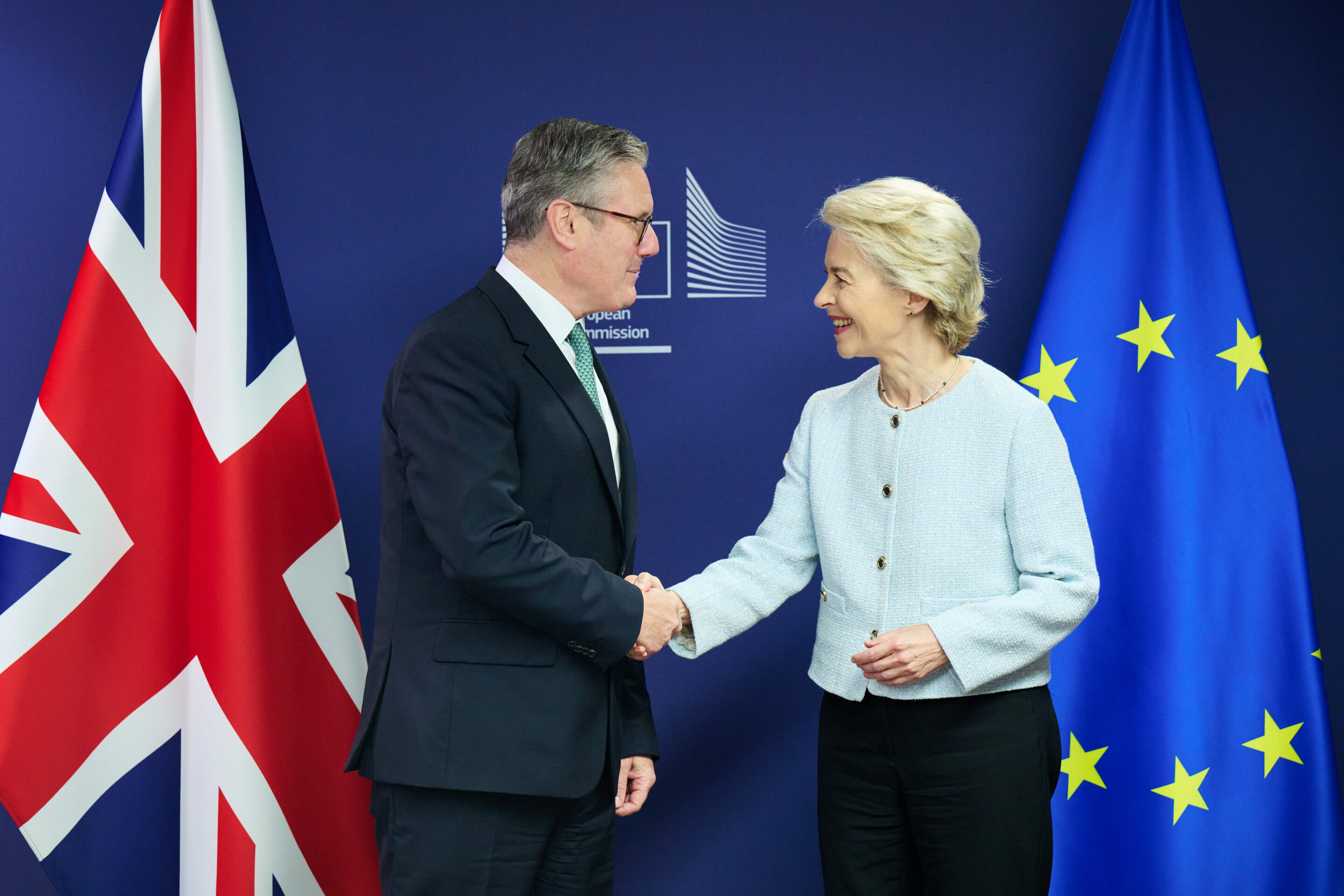The United Kingdom’s new government has plenty of energy policy options available to resurrect relations with the European Union. Some have been triggered already, while many still need to be explored fully.
When the UK left the EU as part of the Brexit process, plenty of ties were severed completely, in what many in the sector believed was a case of ‘cutting off one’s nose to spite one’s face’.
After Keir Starmer’s Labour Party won this summer’s election and formed a government, there was scope for a u-turn on quite a lot of Conservative Party policies that simply did not make any sense in 2024.
First up was the reversal of a de facto ban on new onshore wind power. The old planning rules effectively made it impossible for new projects to be built and given that it is one of the cheapest forms of power generation, needed to be rectified.
Second was the new government’s decision not to contest legal cases against a new coal mine and a new offshore oil field. The mine would have been the first to be opened in 30 years and the project developers had made some dubious claims about it being net zero.
But a recent ruling by the supreme court had clarified that all energy projects must include their downstream emissions in their environmental assessments as it is inevitable that extracted fossil fuels will be burned, releasing emissions into the atmosphere.
That momentum against new oil, gas and coal greatly informed the government’s not-contest decision. The mine has already been rejected by a judge and the Rosebank oil project will get its day in court next month.
These two policies combined salvage a lot of the UK’s climate credentials, which had taken a bit of a battering in recent years. It indicates that the government is serious about green policies again and may buy it some good faith with its neighbours across the Channel.
Labour could even outdo the EU soon by reinstating a ban on new sales of petrol and diesel cars that the Conservatives had pushed back from 2030 to 2035. A consultation is ongoing with carmakers.
Post-Brexit Return
Brexit scrapped the UK’s involvement in the EU’s electricity market and emissions trading system, complicating matters for companies that do business in both.
Recently, energy companies that own the big electricity cables that link the UK with a number of European countries wrote to North Sea energy ministers urging them to come up with a solution.
The quickest fix appears to be the implementation of a price coupling mechanism between the EU and UK, which would help investors plan with more certainty and fund offshore wind farms and further interconnectors.
A more ambitious plan that is still very much on the back burner but which Labour could decide to follow is the coupling of the UK and EU emissions trading systems.
After Brexit, the UK set up its own system that largely mirrors the EU’s. But it has suffered from teething problems and the smaller scale means that the price per tonne of carbon is significantly lower than the EU’s.
That’s where linking comes in. Switzerland has done it and benefitted from the greater exposure to carbon trading and energy companies want the UK to follow suit.
It will take a political decision to pursue this course of action and could at this time be an unacceptably ‘pro-EU’ move by Labour. It is unclear too as to whether the EU would see it as a big enough advantage on its side to negotiate this policy.
If it does transpire then it would reduce the UK’s exposure to the EU’s other carbon pricing policy, the carbon border adjustment mechanism (CBAM), which will tax imports if they do not meet certain sustainability criteria. If products have already been priced accordingly, double-taxation cannot occur.
Momentum is certainly growing slowly but surely. The government has also been urged by clean mobility activists and academics to include shipping in its carbon pricing, as the EU does, pointing to the billions in revenues that could generate.
Not only would that align policies further with the EU's, there is a money argument to be made here, that closer ties with Brussels on energy will be financially beneficial. When or whether Labour chooses to make that argument is still an open question.
Want more updates and analysis of what is happening in the world of energy and climate? Interested in finding a job in the sector or more information about public tenders? Sign up to our Energy Rundown newsletter here!

